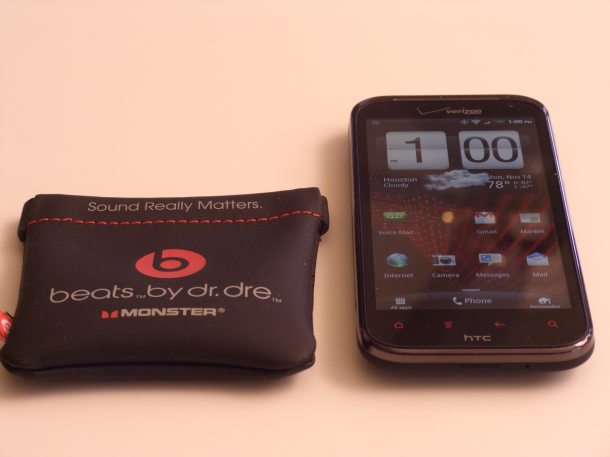Is the Android crowd tired of HTC?


HTC started out in the Android space by making some quality smartphones, proudly displaying the distinctive Sense interface that set them apart from the crowd. The black and white clock along with the curved launch bar found on every HTC phone said "HTC" as clearly as the company logo on the handsets.
The Sense interface is something that you either love or you hate. I've heard from both camps over the past few years and it's a personal thing. Some folks love the way Sense looks little like stock Android while others find fault with that. The latter camp has gotten even more vocal with distaste of the Sense interface as the stock Android interface has evolved over time.
The Honeycomb (Android 3.x) interface was more visually refined than previous versions of Android, and the new Ice Cream Sandwich (version 4.x) even more so. Google has improved the stock Android interface to be visually appealing to most people, and that's a bad thing for HTC.
The company has retained its Sense interface on all its phones, and some folks who like the looks of it now like the Android interface better. HTC doesn't allow owners of its phones to turn Sense off, so there is no straightforward way to get a more Android looking interface on those phones. Other OEMs with custom skins have toned those down to make their interface look more like stock Android, but not HTC.
It also hasn't helped HTC that it produces so many different phone models. It seems every few weeks a new HTC phone is released, not that much different than all the other models already in the market. They look basically the same physically, and with that unchanging Sense interface appear to be just one more phone. This has happened so often that the company's phone image has changed from "wow" in the early Android days to "meh" currently.
It doesn't help HTC that those who like the distinctive yet dated appearance of the Sense interface can make phones from any OEM look that way. There have long been widgets and apps in the Android Market that can turn any Android phone into an HTC look-alike. You don't need an HTC phone to look like you have one.
As it realized its image was slipping HTC tried strange things to deal with the situation. The huge investment in the Beats Audio technology made many scratch their heads at the time as it didn't seem to be something Android phone buyers would really value. Outside of the HTC Rezound phone, the Beats technology hasn't made much noise in the Android smartphone space, and not much even with that handset.
See also: Should HTC blow up Sense? CNET
Roger Cheng of CNET contends that the Sense interface is now dated and contributing to HTC's problems in the market, and while he may be right I think it goes deeper than that. It's a case where branding through the interface appearance may not be a good thing with too many different phones released by HTC all looking alike. What originally was perceived as innovative now seems commonplace.
Of interest:
- TechRepublic: Android 4.0: Eight new features that actually matter
- CNET Asia’s review of Samsung Galaxy Nexus and top five features
- CNET’s first impressions
- This is My Next on the features
- Android developers blog
- Top 10 features in Android 4.0 (Ice Cream Sandwich)
- Android 4.0 Ice Cream Sandwich is enchanting, easy, and makes you feel special
- Unwrapping Google Ice Cream Sandwich 4.0 (photos)